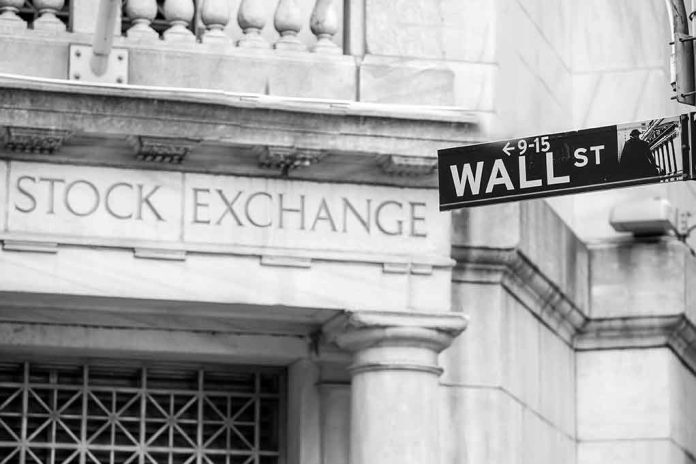
The New York Stock Exchange (NYSE) is set to launch a new electronic equities exchange in Texas, marking a significant shift in the U.S. financial landscape.
Key Takeaways
- NYSE is establishing NYSE Texas, a fully electronic equities exchange in Dallas.
- Texas hosts the largest number of NYSE listings, with over $3.7 trillion in market value.
- The move aims to position Texas as a competitor to traditional financial hubs like New York.
- A potential competitor, Texas Stock Exchange (TXSE), plans to launch trading in early 2026.
- Texas Governor Greg Abbott supports the initiative, citing opposition to ESG rules and highlighting Texas’s economic strength.
NYSE Texas: A New Financial Frontier
In a bold move that could reshape the American financial landscape, the New York Stock Exchange (NYSE) has announced plans to launch NYSE Texas, a fully electronic equities exchange based in Dallas. This development signals a significant shift in the traditional dominance of Wall Street and positions Texas as an emerging powerhouse in U.S. financial markets.
The creation of NYSE Texas involves the reincorporation and rebranding of NYSE Chicago in Texas, offering companies a new option to list their stocks in a business-friendly environment. This move is particularly noteworthy given that Texas already hosts the largest number of NYSE listings, representing over $3.7 trillion in market value.
“As the state with the largest number of NYSE listings, representing over $3.7 trillion in market value for our community, Texas is a market leader in fostering a pro-business atmosphere,” said Lynn Martin, President of NYSE Group.
The NYSE follows the Texas Stock Exchange and the Nasdaq in setting up operations in North Texas.https://t.co/84qTLY8NZh
— D Magazine (@DMagazine) February 13, 2025
Texas: The New Financial Capital?
Texas Governor Greg Abbott has been a vocal supporter of this initiative, framing it as an opportunity to establish Texas as the “financial capital of America.” Abbott’s enthusiasm stems from the state’s robust economy and its opposition to ESG (environmental, social, and governance) rules that some view as potentially restrictive to business growth.
“We need to make sure that Texas companies, and companies similarly situated, are not going to be cut off from capital markets in New York with policy decisions made from the left in places like New York,” said Abbott.
The governor’s stance reflects a broader trend of Texas positioning itself as a competitor to traditional business hubs. This shift is evident in recent moves by major corporations, such as Tesla’s relocation to Texas and Meta Platforms’ consideration of reincorporating in the state.
A Competitive Landscape Emerges
While NYSE Texas prepares for its launch, another player has already entered the arena. TXSE Group has filed for registration of the Texas Stock Exchange, with plans to commence trading in early 2026. This potential competitor has already raised $161 million in initial funding, backed by heavyweight investors including BlackRock, Citadel Securities, and Charles Schwab.
The emergence of these exchanges underscores Texas’s growing influence in the financial sector. The state’s favorable regulatory environment, ranking seventh on the Tax Foundation’s State Tax Competitiveness Index, makes it an attractive destination for businesses seeking alternatives to traditional financial centers.
Implications for the Future
The establishment of NYSE Texas and the potential launch of the Texas Stock Exchange represent more than just new trading venues. They signify a shift in the financial power dynamics of the United States, challenging the long-standing dominance of Wall Street and offering businesses more choices in where they list and trade their stocks.
As these developments unfold, the financial world watches with keen interest. The success of these Texas-based exchanges could pave the way for a more decentralized financial landscape in the U.S., potentially inspiring other states to follow suit. For businesses and investors alike, this new era promises increased options, competition, and potentially, new opportunities for growth and prosperity.









